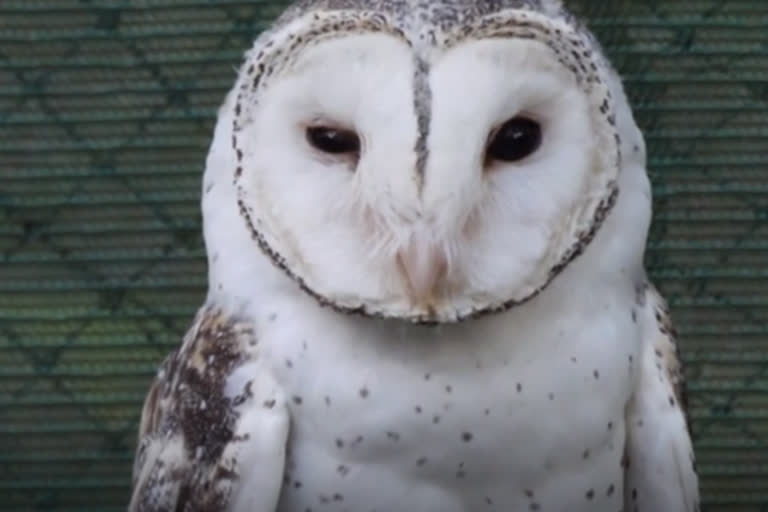Conservationists discover masked owls in Western Australia
A rarely seen masked owl looking for food was captured in bushland, on the fringes of the town of Margaret River. After long, cold, and fruitless nights searching for the masked owls, volunteers like Boyd Wykes has finally made an appearance in and around Margaret River.

Margaret River: In bushland, on the fringes of the town of Margaret River, a rarely seen masked owl is looking for food.
On the other side of town, fluffy little hatchlings offer up mixed reviews of what they have had for dinner, as siblings often do.
"They beg all night long. They're going (makes screeching noise). It must drive the parents mad," says Owl Friendly Margaret River volunteer Boyd Wykes.
If not for the dedicated work of volunteers like Wykes, the existence of these birds of prey in Margaret River might have gone unnoticed.
It was only after long, cold, and fruitless nights searching for the masked owls that they finally made an appearance.
"We couldn't wait to sort of get home and say; 'Hey, we've seen something that nobody else has ever seen in South West WA,'" says Wykes.
Volunteers have now identified a handful of masked owls in and around Margaret River.
The birds can detect the presence of people or prey by bobbing their head from side to side, effectively expanding their field of view.
But there is a fear common household rat poisons could be their biggest threat.
It's detections like this, so close to town, that has encouraged the local shire, householders and some businesses to change their approach to baiting and hopefully keep the birds safe from harm.
"It's part of our contract with our pest controllers, you know, we've specified what kinds of poisons they need to use," says John McKinney of the Shire of Augusta Margaret River.
One local wine maker has gone a step further, eliminating the poisons and encouraging owls to move in to act as pest controllers.
"That would be an amazing result if we could get a family of owls living there that actually give us a natural control of our rodents without having to do anything else, basically," says Steve James of the Voyager Estate.
So little is known about masked owls populations around Australia, they're actually listed under three different conservation statuses: vulnerable, threatened and endangered.
This renewed recognition of their significance gives those populations the best chance they have of returning to healthy numbers.
A wise approach to welcome more feathered friends.
AP






